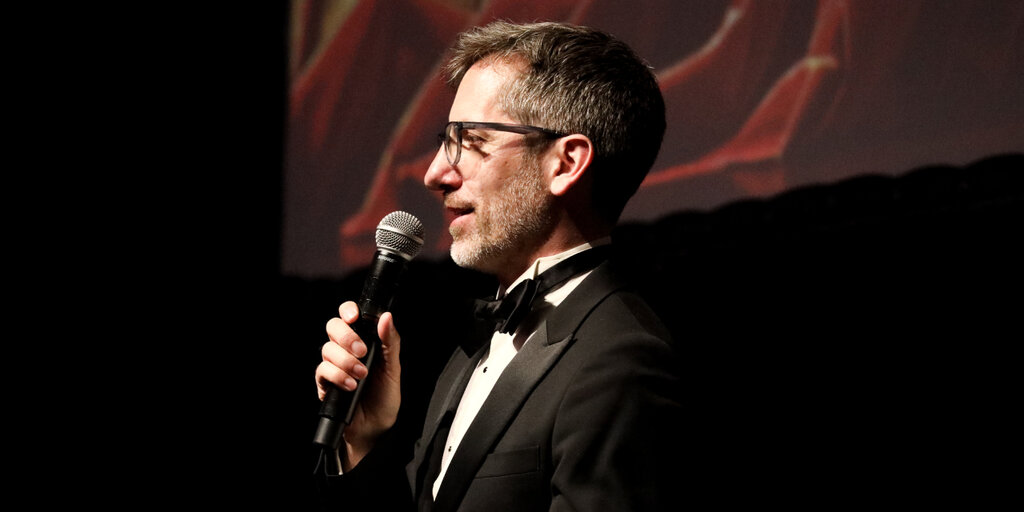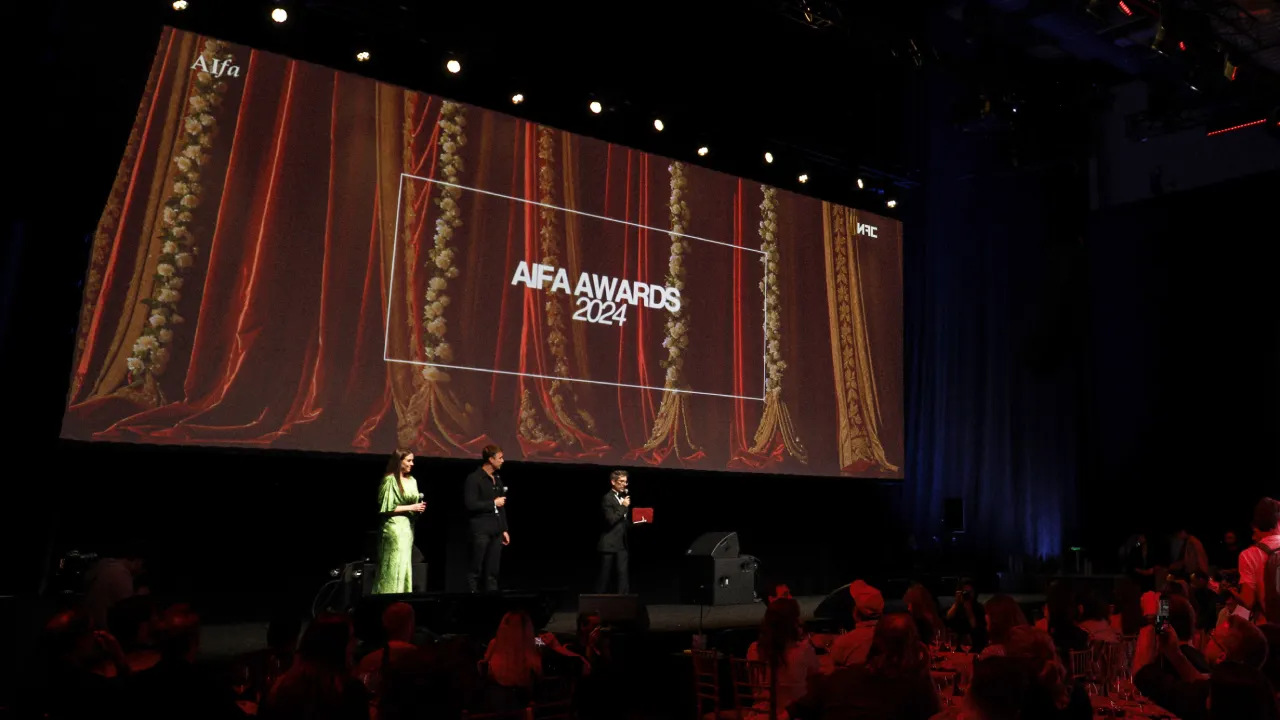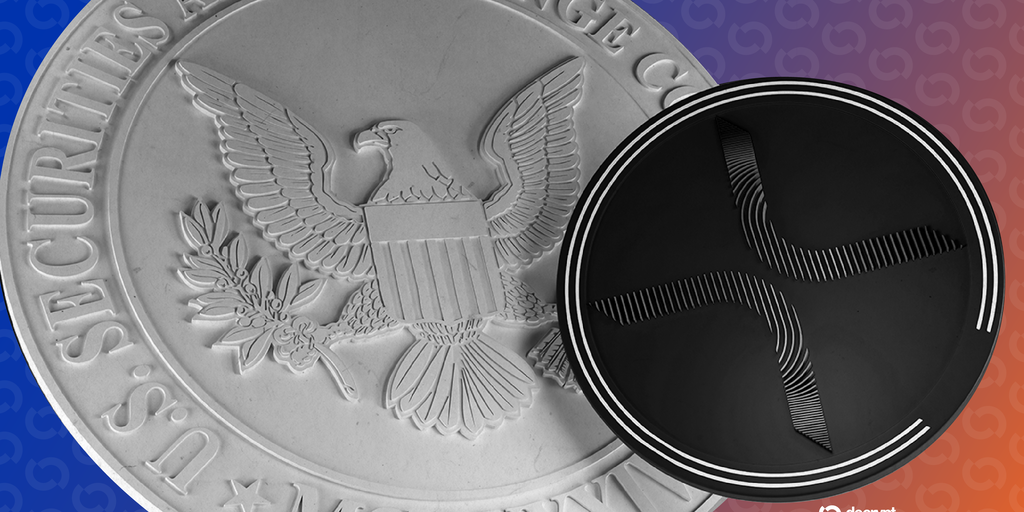
AI filmmakers gathered at the NFC Lisbon this week for the AI Film Academy’s first AIFA Awards, recognizing “the incredible diversity of stories and the fundamentally new visual language of AI.”
The AImagine Best Film Award went to “Denny the Shark,” produced by Ethereal Moon, a collaborative duo comprised of Melody Bossan (aka LeMoon) and Dina Lockamy (aka Ethereal Gwirl).
Bossan said that using AI has revitalized his “faded dream of becoming a filmmaker.” “She and Lockamy were both stay-at-home moms when we discovered AI Art and were immediately hooked,” she added.
AI Film Academy co-founder Leo Crane said Bossan and Lockamy were “classic examples of a huge sector of the world being left out of this fast-paced, competitive industry.” decryption. “We are trying to prove the idea that emerging technologies are pioneering their fields globally,” he added.
At this event, the ‘AI Film Academy’ was also launched, which aims to ‘democratize the film industry’ through AI and blockchain technology.
“We are a global institution for the future of film,” said Clare Maguire, co-founder of the AI Film Academy. “We wanted to deliver a message that essentially showed how much potential there is in this new technology so we could stop fear and support and encourage positive adoption.”

AI and the film industry
AI has proven to be a divisive topic in the film industry, with battle lines drawn between those who embrace the technology and those who argue that it threatens artists’ livelihoods and makes them resort to plagiarism.
Negotiations to resolve the actors’ and writers’ strike last year hinged on provisions regulating the use of AI in the film industry, with actors reporting losing their jobs due to AI-generated performances. There was also a backlash from audiences, with the directors of horror film ‘Late Night with the Devil’ having to defend the use of AI-generated art after the film’s page on review site Letterboxd was flooded with negative comments.
Earlier this month, actress Scarlett Johansson hired a lawyer, accusing AI company OpenAI of using a similar voice in its GPT-4o model after the company rejected her request to use her voice.
Johansson confessed that she felt “shock, anger and disbelief” that the company had used a voice “so similar to mine.” The company withdrew the offending voices, denying that the similarities were intentional.
Others argued that the artists’ fears were exaggerated. In a recent interview, Netflix co-CEO Ted Sarandos argued that AI is simply another “tool,” comparing it to technological advancements like CG animation or home video.
“AI is not going to take your job away,” Sarandos said. “Someone who is good at using AI may take your place.”
Crane acknowledged concerns about AI ‘taking jobs’ and ‘people being exploited’, but argued that the technology empowers creators outside of traditional systems.
“It’s the studios, the big power structures that control the AI and exploit the little people,” Crane said. “But if you look at the finalists and the filmmakers who are here, these are the so-called small people, people operating outside of that system.”
He said AI technology is giving them the opportunity to “really compete with multi-million dollar movies in a way that wasn’t possible before.”
Editor: Andrew Hayward
daily report newsletter
Start your day today with top news stories, original features, podcasts, videos and more.



